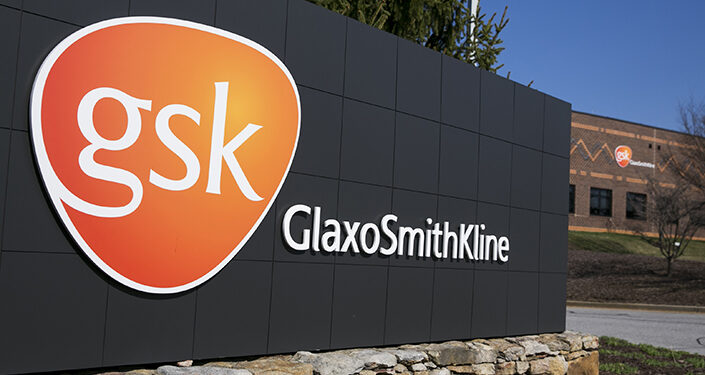After more than five decades of operation in Nigeria, British pharmaceutical giant GlaxoSmithKline (GSK) has announced its decision to discontinue its prescription medicines and vaccines in the country. The multinational pharmaceutical company recently made the announcement, indicating a shift towards a third-party direct distribution model for its pharmaceutical products.
In a statement sent to the Nigerian Exchange Limited, GSK revealed that it is currently collaborating with its advisors to determine the next steps in this strategic transition. As part of its plans, the company intends to submit a scheme of arrangements to the Securities and Exchange Commission, aiming to explore the possibility of returning cash to its local shareholders.
GSK, formerly known as Beecham upon its incorporation in June 1971, has been a significant player in Nigeria’s pharmaceutical market for over five decades. The company is renowned for its diverse product portfolio, which includes popular brands such as Panadol, Ribena, Lucozade, Macleans, and Andrews Liver Salt, among others.
While GSK’s decision to discontinue its prescription medicines and vaccines operations marks a significant development in Nigeria’s pharmaceutical landscape, the company’s new distribution model signals its commitment to adapting its business approach to the local market dynamics.
As the company charts its course towards the third-party direct distribution model, industry stakeholders and investors will be closely monitoring GSK’s future plans and the potential implications on the healthcare sector in Nigeria.
GSK’s presence in Nigeria has been impactful over the years, contributing to the availability and accessibility of pharmaceutical products in the country. As the company moves forward with its transition, questions about the impact on healthcare access, patient care, and the local workforce remain.
The Nigerian pharmaceutical market is experiencing rapid growth, and its importance in Africa’s healthcare landscape is undeniable. As GSK’s operations in the country evolve, industry experts anticipate an array of opportunities and challenges that may arise, and the company’s approach to addressing them will undoubtedly be under scrutiny.
The pharmaceutical industry in Nigeria continues to be a critical sector, playing a vital role in advancing healthcare outcomes and promoting public health. Amidst GSK’s operational changes, other pharmaceutical companies are expected to evaluate the market dynamics and explore opportunities to meet the healthcare needs of the nation’s growing population.
As GSK navigates this transformation and seeks to optimize its distribution model, stakeholders across the healthcare ecosystem will be keenly interested in understanding the company’s strategy, impact assessment, and future plans for serving the healthcare needs of Nigerians.










